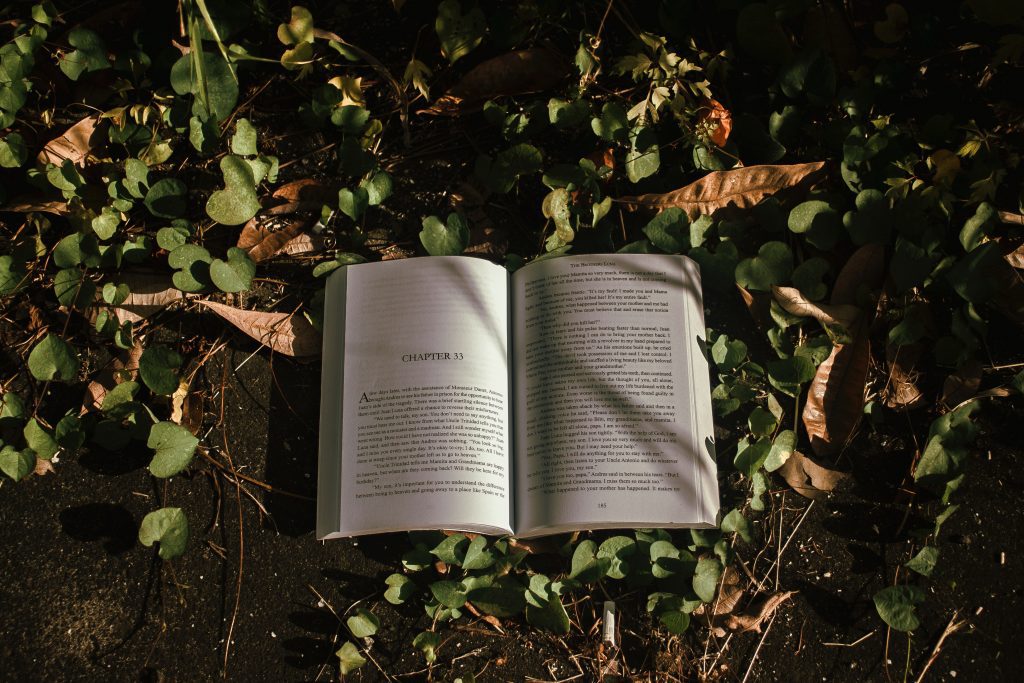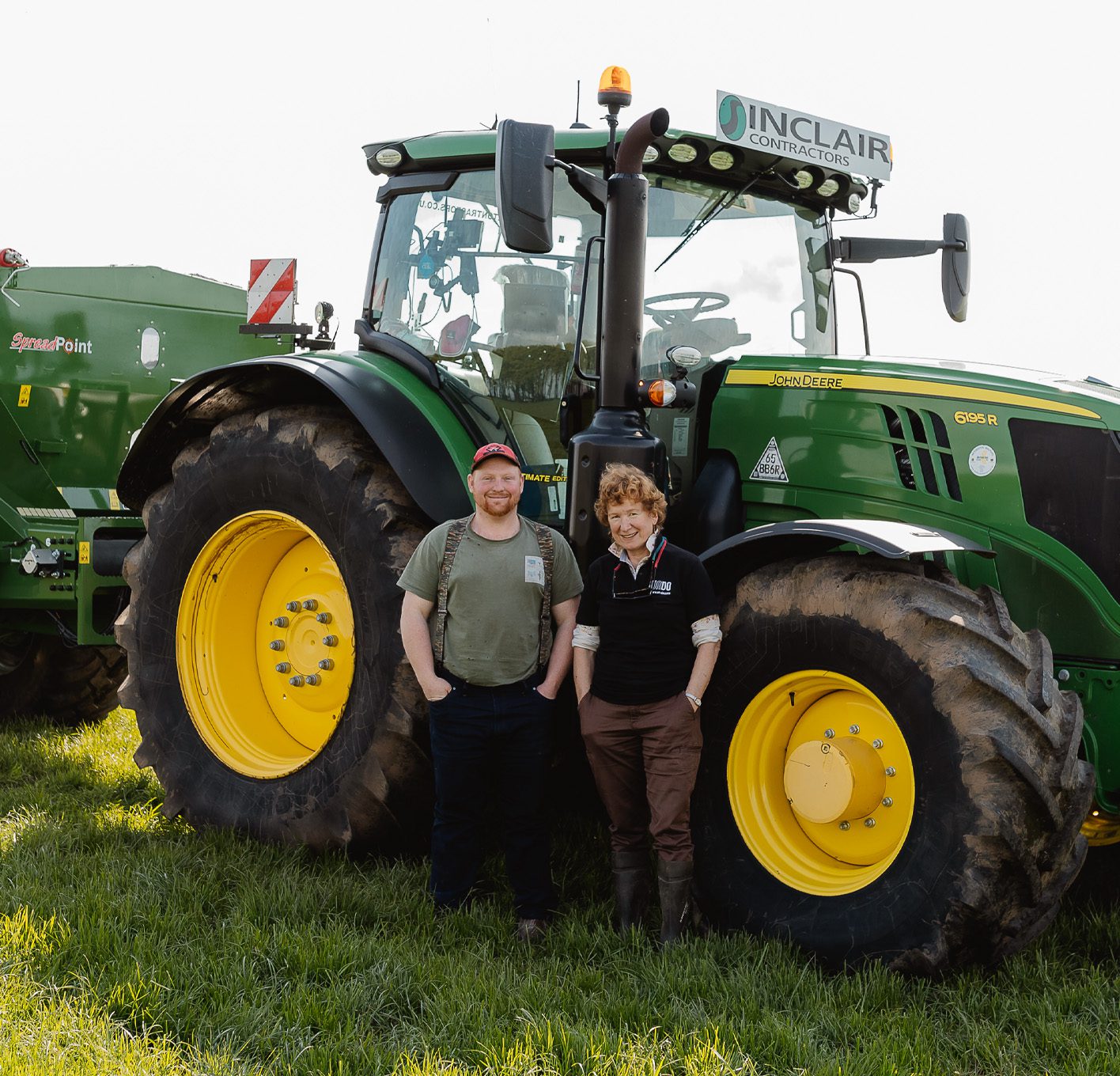The written word has long been our go-to way of understanding the world around us, and as collective concern about climate change has increased, writers across various fields of expertise and experience have stepped up to the challenge of helping us make sense of the most pressing issue of our lifetime. If you’re keen to test the waters of climate-focussed books, you’re in luck: more perspectives than ever before are being shared, making it easier than ever to get to grips with climate change and its myriad causes and catalysts and, most importantly, learn what we need to do to overcome it.
Here are six of our recommended reads:
This Changes Everything: Capitalism vs The Climate by Naomi Klein
In this international bestseller, Canadian journalist, author and social activist Naomi Klein turns her exacting attention to capitalist ideology and corporate greed as the driving causes of climate change, presenting a compelling case for revolutionising global economies. With assertive, research-led confidence, Klein makes clear that the fight for a liveable planet is also a fight for a better, fairer society that would no doubt benefit us all.
Wilding: Returning Nature To Our Farm by Isabella Tree
Demoralised by the environmental impact of animal agriculture and facing financial ruin at her own farm, writer Isabella Tree made the radical decision in 2001 to return 3,500 acres of land to the wild and let nature take its course. In a critique of intensive farming’s effect on soil quality and a rebuttal of the English obsession with order and tidiness, Tree’s inspiring experiment acts as proof that ecological landscapes, when left to their own devices, can regenerate and heal beyond our wildest expectations.
Footprints: In Search of Future Fossils by David Farrier
With so much of climate writing looking either to the past or present for answers, author and teacher David Farrier takes us on a journey into the far future to consider the ‘industrial, chemical and geological’ fossils we are leaving behind. From asphalt roads and cities, to nuclear waste and plastic pollution, Farrier prompts us to think about how we want to be remembered by our distant descendants, and how bearing this in mind can help us change the current course of history.

Hope In The Dark: Untold Histories, Wild Possibilities by Rebecca Solnit
In this slim volume of essays, writer, historian and activist Rebecca Solnit explores past examples of transformative revolutions that reshaped the political, environmental and cultural landscape for the better, arguing that positive change is not always linear or immediate. Any climate-change reading list worth its salt should include a dose of optimism, and this manifesto for hope against the odds delivers it in droves.
Braiding Sweetgrass: Indigenous Wisdom, Scientific Knowledge and the Teachings of Plants by Robin Wall Kimmerer
Through beautifully written prose, indigenous botanist Robin Wall Kimmerer acknowledges a difficult truth: that society has disconnected itself from the natural world, and only through rekindling that connection and entering a reciprocal relationship with nature can we hope to overcome climate catastrophe. Filled with moving accounts that draw from her personal experiences and Native American culture, this book is an inspiring invitation to look at the world through new eyes.
Consumed: The Need For Collective Change – Colonialism, Climate Change and Consumerism by Aja Barber
There’s no denying that society’s relentless hunger for ‘stuff’ is playing a key role in our planet’s demise, but how much do you know about the troubling histories and inner workings of the worst-offending industries? Over two parts, Aja Barber exposes the ways in which the fashion industry and others are fuelling both the climate crisis and social inequality, inviting us to confront our own complicity in consumer culture and, ultimately, take back our power as citizens.

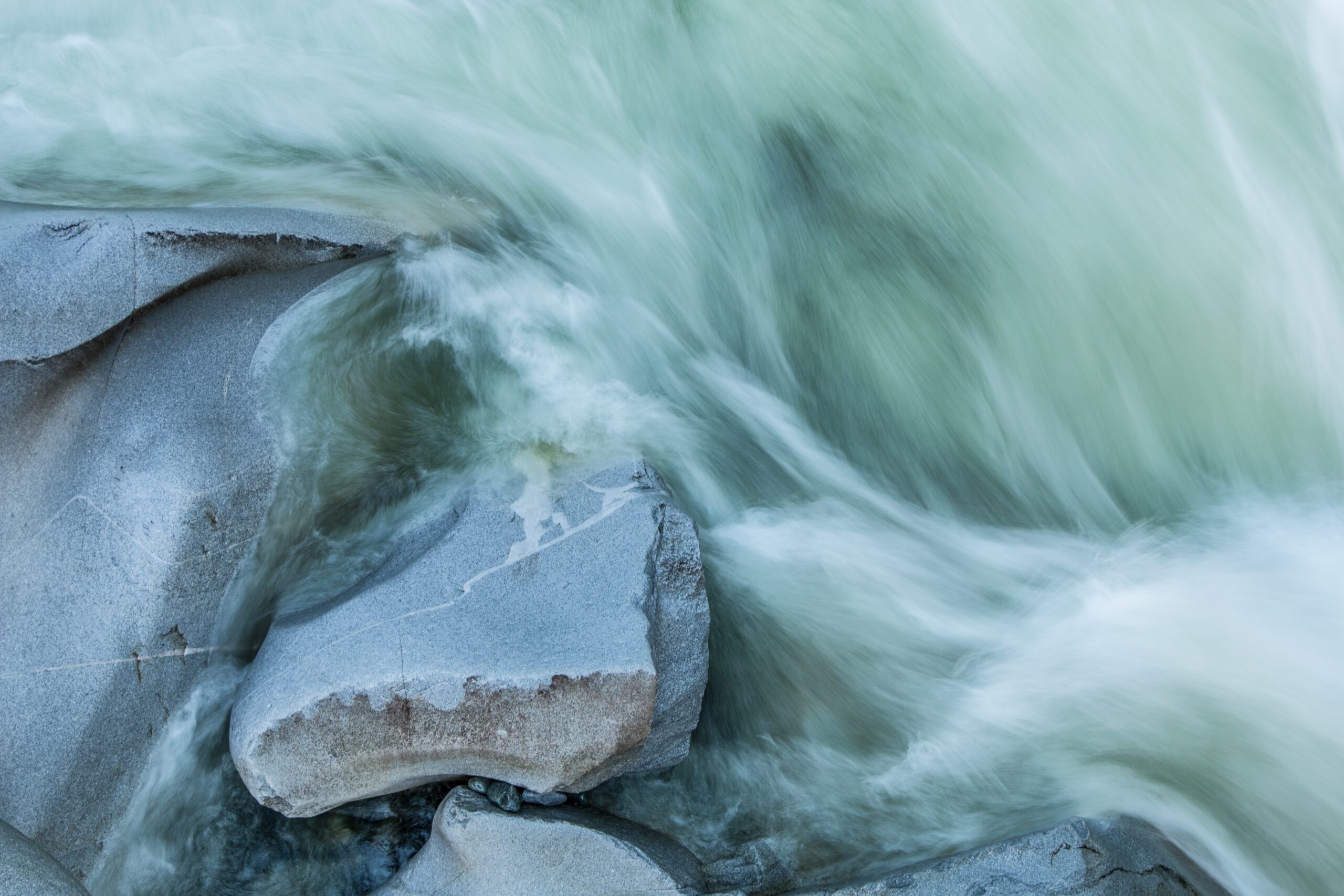
Find out more about our individual subscriptions
Inspired to get reading and learn how you can take action to protect the planet for future generations? Read more about how UNDO are making carbon removal accessible to all, and how you can get involved.
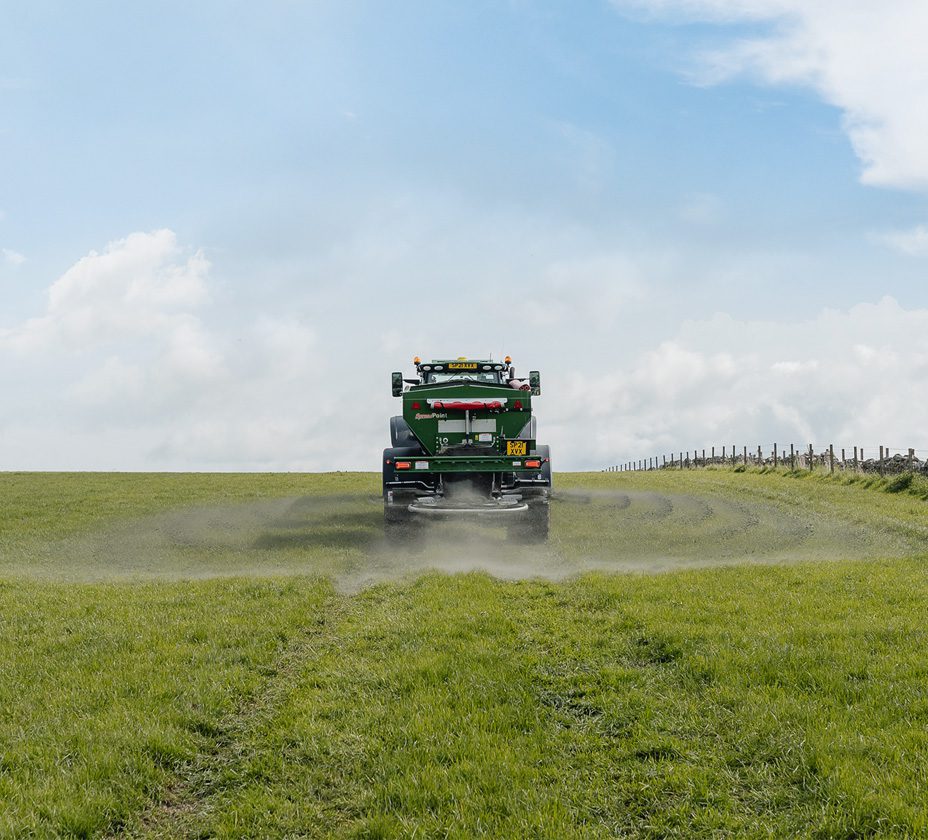
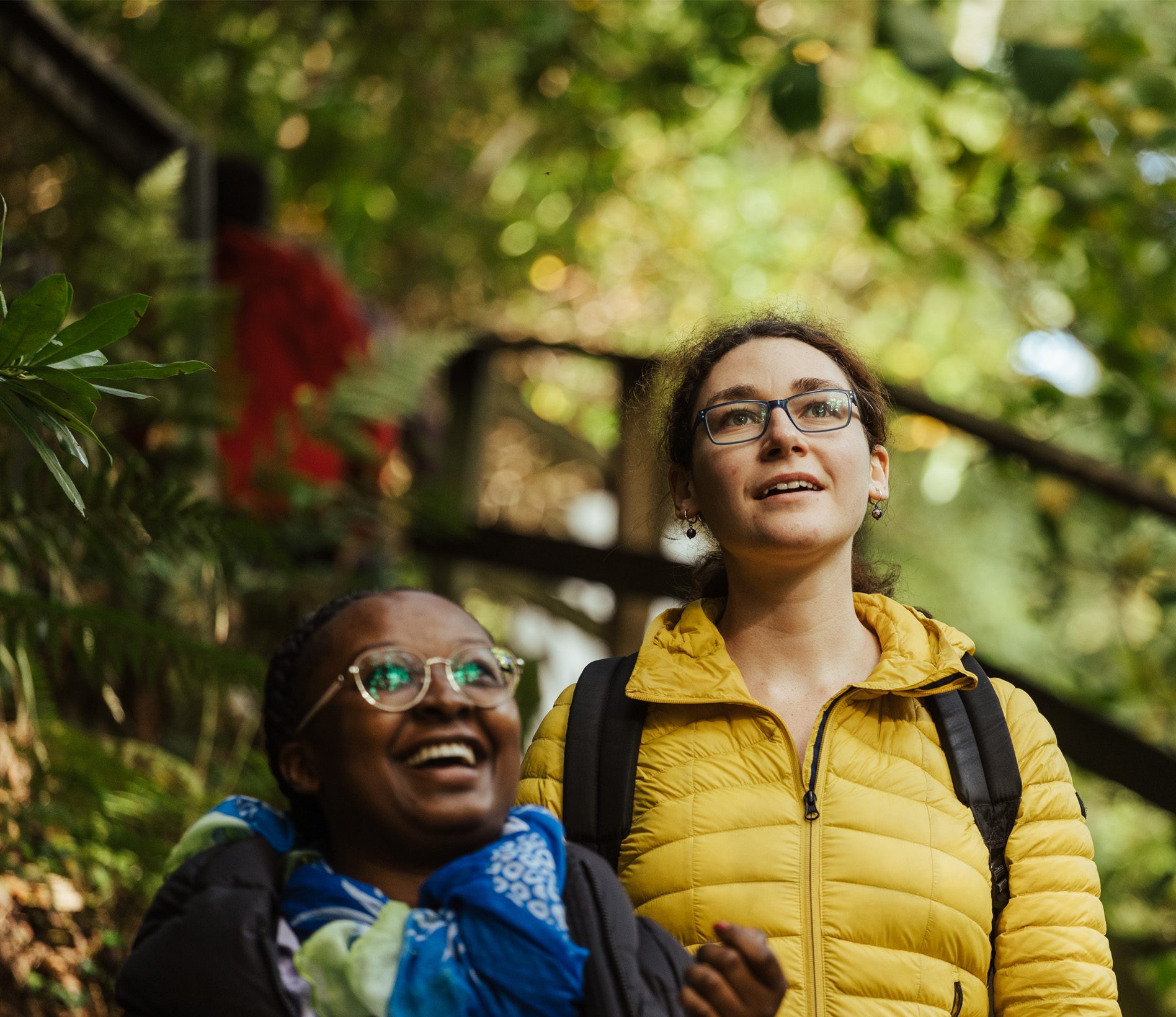
 " />
" />